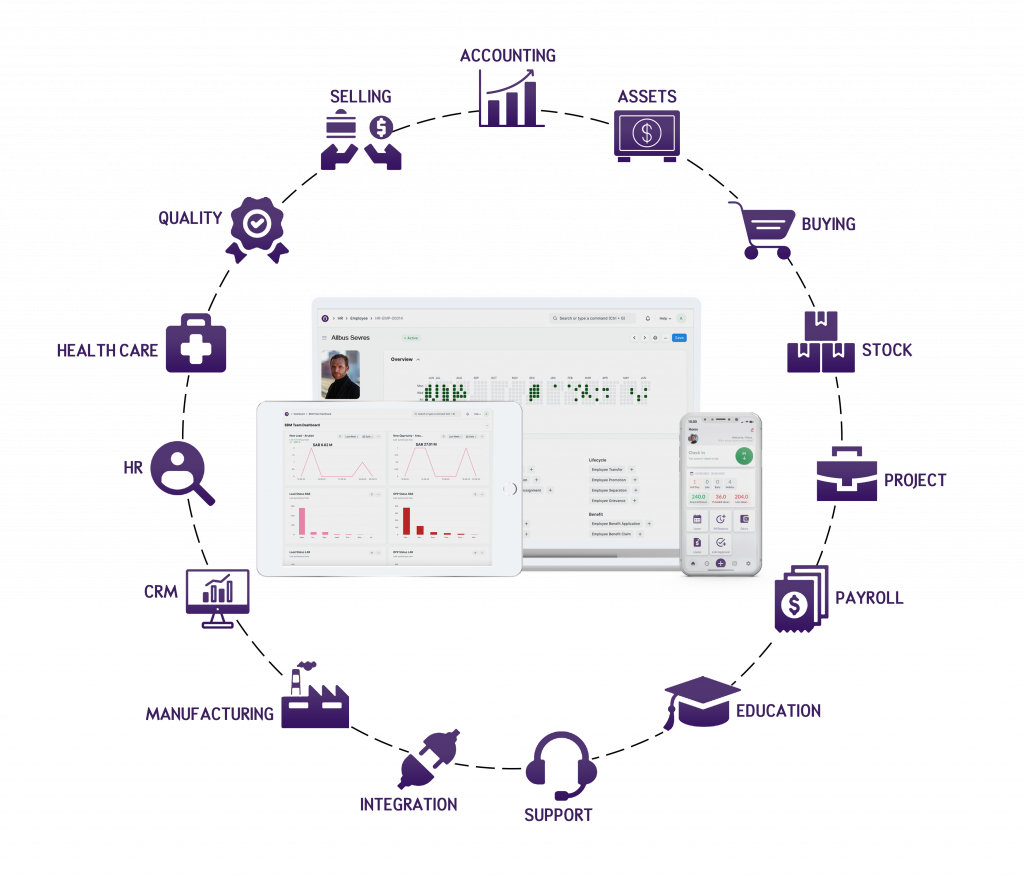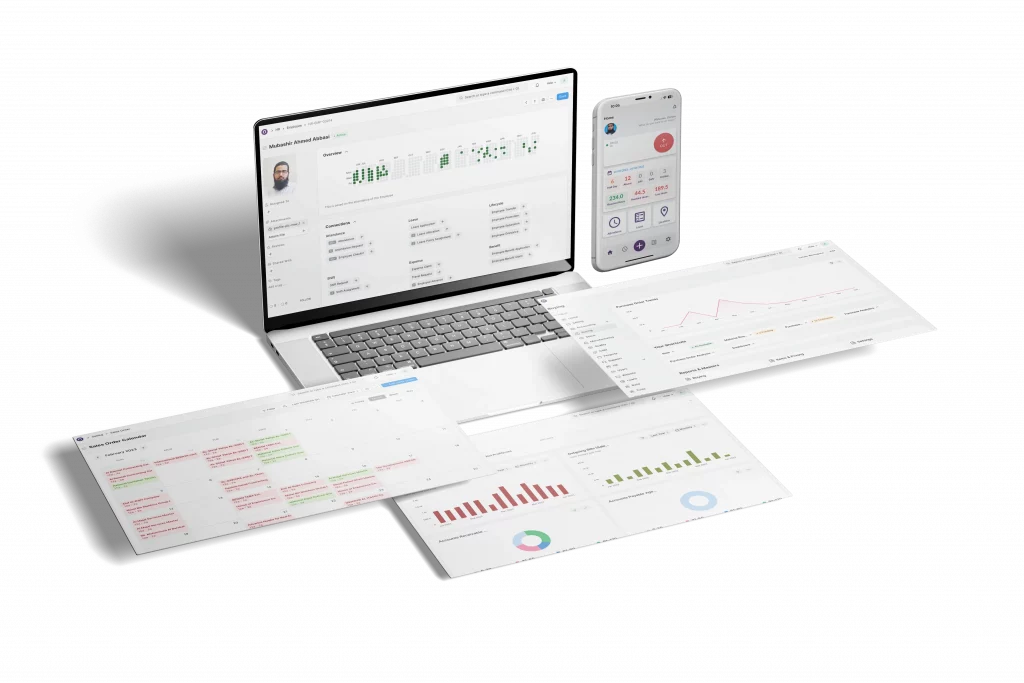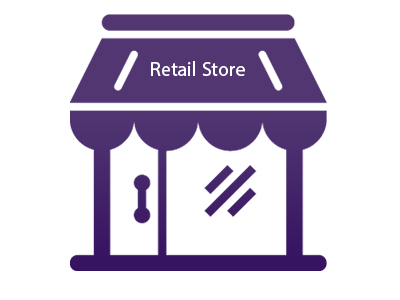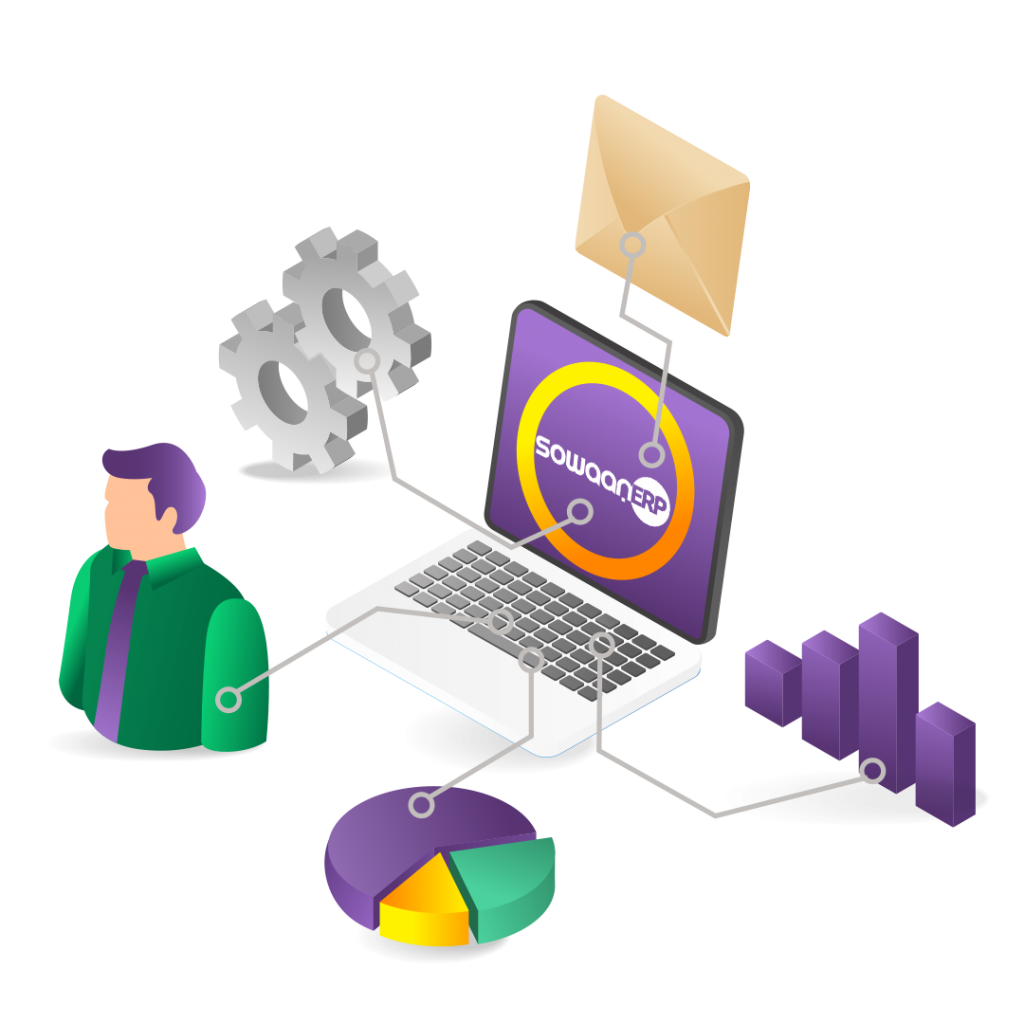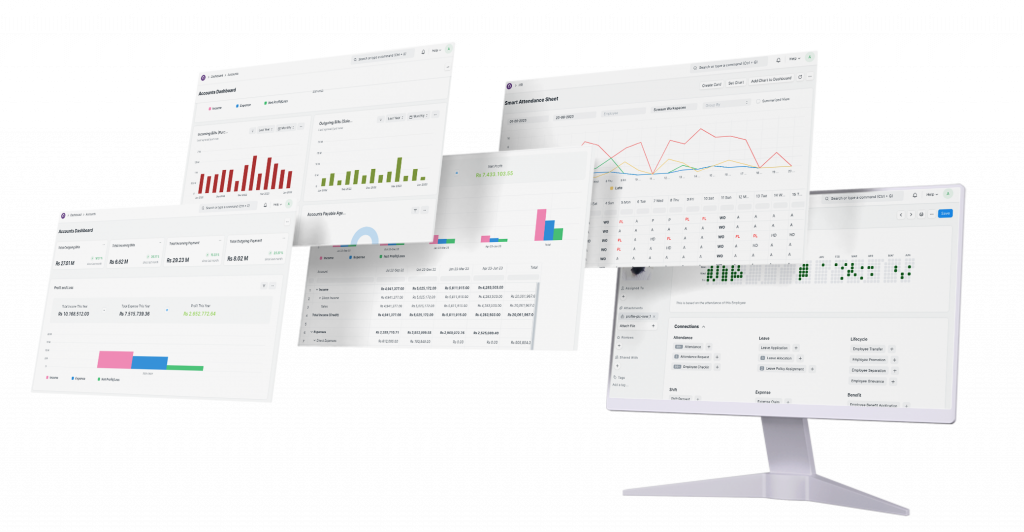ERP, short for Enterprise Resource Planning, is often likened to the “central nervous system” of a business. This software system is crucial as it facilitates the automation, integration, and intelligence needed for efficient day-to-day operations. It is a hub for all organizational data, providing a unified and accurate view across the business.
Each department in an organization relies on ERP. Finance uses it for swift book closure, while sales manage customer orders through it. Additionally, logistics departments depend on ERP to ensure timely and accurate deliveries, and accounts payable utilizes it to settle supplier payments promptly and accurately. Management garners an immediate overview of company performance via ERP to make informed decisions. Moreover, banks and shareholders require precise financial records, which are facilitated by ERP systems.
The growing importance of ERP in businesses is evident from its increasing adoption rate. As per G2, the global ERP software market is poised to hit US$78.40 billion by 2026, reflecting a CAGR of 10.2% from 2019 to 2026.
When it comes to the best ERP in USA, the choice can vary based on specific business needs and industry requirements



